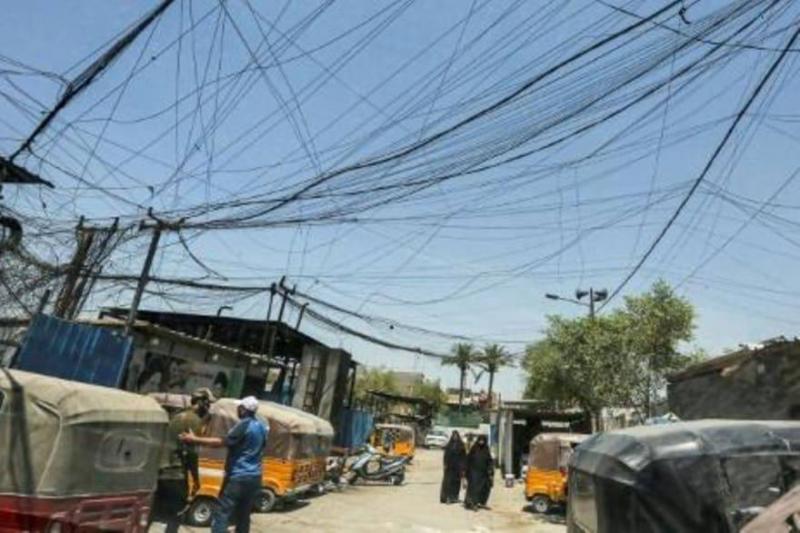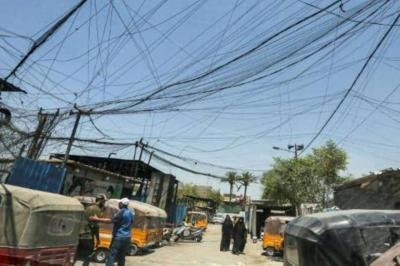Iraqi Finance Minister Ali Allawi announced that the 2022 budget, which the ministry has begun preparing, will be reform-oriented and "different from previous budgets," reflecting "the reality of Iraq's commitments," in a statement to a group of journalists, including those from AFP.
The minister clarified on Thursday evening that the ministry aims to submit this new budget to parliament before the early parliamentary elections set for October, adding that it will be "a reform budget but might be politically challenging."
He stated that the ministry "attempted a similar approach in the previous budget," as they "presented the budget in a way that showcased the true extent of Iraq's commitments without concealing them in overdue payments, resulting in a significant figure that was politically unacceptable, leading to adjustments and the budget being issued in its current form."
The minister likely hinted at the difficulty of passing the new budget due to its high deficit value, similar to what occurred with the previous budget. In the proposed 2021 budget law raised to parliament, the deficit was estimated at around $49 billion. However, lawmakers bridged the gap by canceling debts and obligations the state owed against energy supplies, especially Iranian gas and energy dues, as well as other infrastructure payments.
The deficit in the 2021 budget approved by parliament stood at $19.8 billion, compared to $23.1 billion in 2019. Note that Iraq did not approve a budget for 2020 due to political tensions. The total revenue in the 2021 budget was approximately $69.9 billion, calculated based on crude oil exports at a price of $45 per barrel and a daily export rate of 3.25 million barrels. The total value of the 2021 budget was set at $89.7 billion, about 30% lower than the last budget approved in 2019.
The minister explained that the price per barrel in the new budget will be $50, a figure subject to adjustment. However, the current market value of oil is considerably higher, exceeding $60 per barrel.
Iraq, the second-largest oil producer in OPEC, is undergoing its worst economic crisis. The poverty rate in the country doubled in 2020, with 40% of the population of 40 million considered impoverished according to the World Bank, while the Iraqi dinar lost 25% of its value.
Corruption, which has cost Iraq approximately double its gross domestic product—over $450 billion—remains a major concern for Iraqis suffering from shortages in electricity, hospitals, and schools.
Nevertheless, the minister stated that Iraq's financial situation has improved this year due to "the rise in oil prices and changes in the exchange rate of the dinar."
Meanwhile, Iraq is negotiating a loan with the International Monetary Fund ranging between $3 to $4 billion, the minister clarified, hoping to reach an agreement with the fund by the end of the year. He indicated that this "loan is monetary in nature and lends credibility to the reforms" the ministry seeks to implement and "its outcome relies on our current situation and the 2022 budget, if we manage to present it to parliament before the parliamentary elections."




